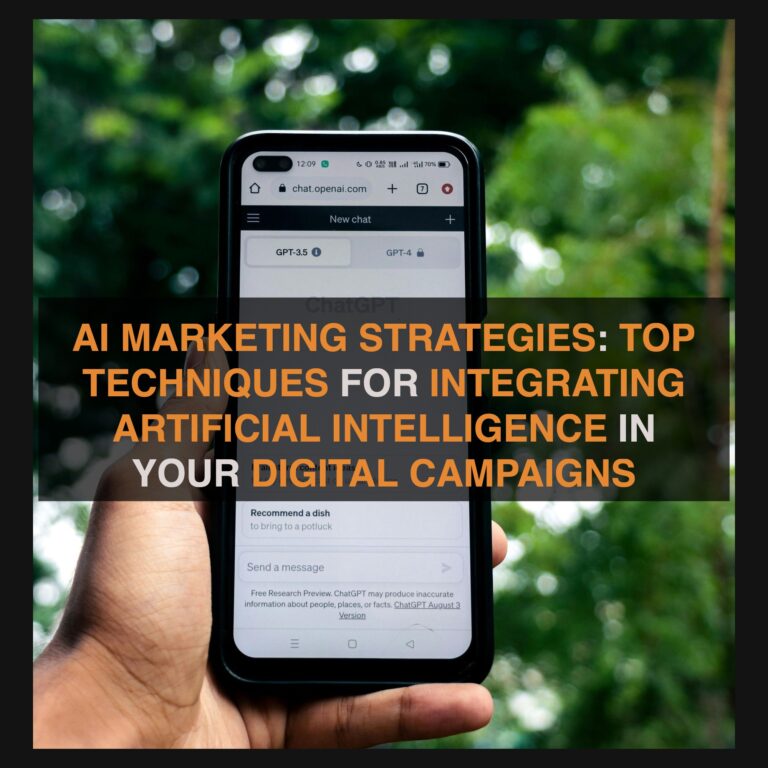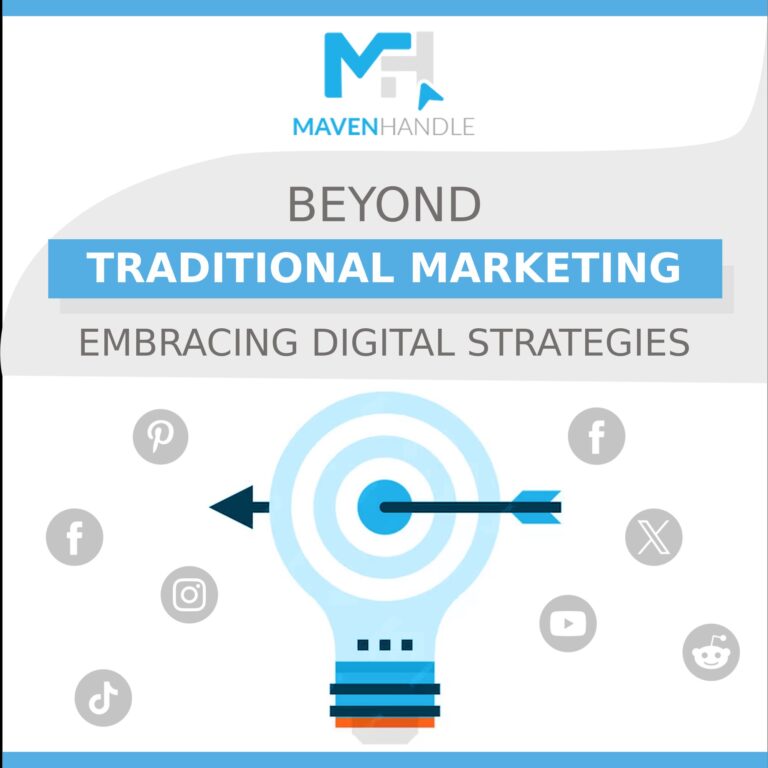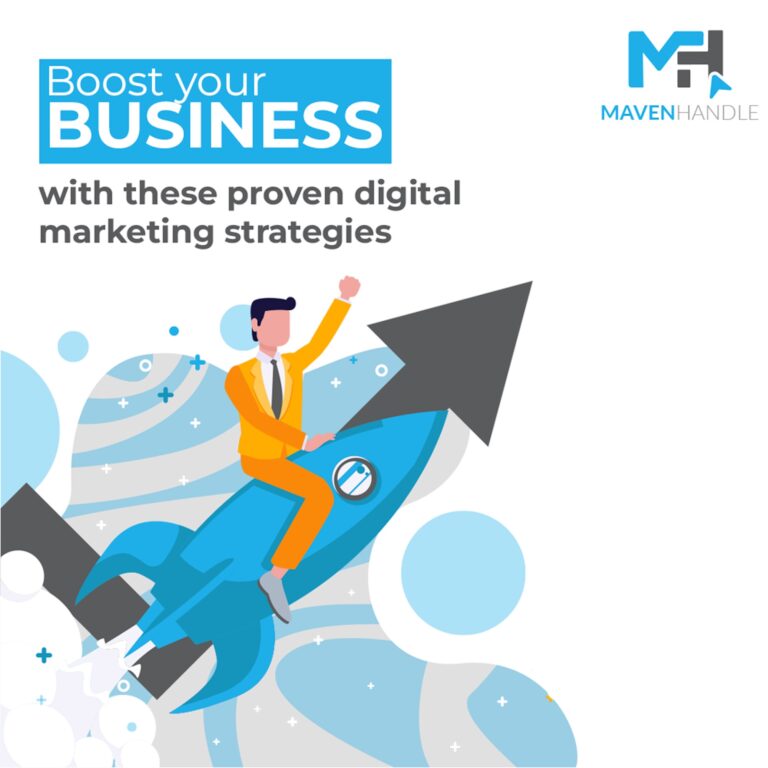“The Ultimate Guide to Mastering Digital Marketing” is a comprehensive and authoritative title that promises in-depth insights and valuable knowledge. Here’s a suggested outline for your post:
The Ultimate Guide to Mastering Digital Marketing
Introduction
Overview: Explain the importance of digital marketing in today’s business world.
Objective: Highlight what readers can expect to learn and achieve by the end of the guide.
1. Understanding Digital Marketing
Definition and Scope: What is digital marketing and why is it essential?
Key Components: Briefly introduce major areas: SEO, content marketing, social media, email marketing, PPC, etc.
2. Search Engine Optimization (SEO)
Keyword Research: Tools and techniques for finding the right keywords.
On-Page SEO: Best practices for optimizing website content.
Off-Page SEO: Building backlinks and improving domain authority.
Technical SEO: Site speed, mobile optimization, and schema markup.
3. Content Marketing
Strategy Development: Setting goals and identifying target audiences.
Content Creation: Types of content (blogs, videos, infographics) and tips for creating engaging material.
Content Distribution: Effective ways to promote and share content.
Content Marketing Tools: Recommended tools for content creation and management.
4. Social Media Marketing
Platform Selection: Choosing the right platforms based on your audience.
Content Planning: Creating a social media content calendar.
Engagement Strategies: Building a community and interacting with followers.
Advertising on Social Media: Basics of Facebook Ads, Instagram Ads, LinkedIn Ads, etc.
5. Email Marketing
List Building: Strategies to grow a high-quality email list.
Campaign Creation: Designing effective email campaigns.
Automation: Using tools for email marketing automation.
Analytics: Tracking open rates, click-through rates, and conversions.
6. Pay-Per-Click (PPC) Advertising
Introduction to PPC: Understanding the basics of PPC advertising.
Platform Selection: Overview of Google Ads, Bing Ads, and social media PPC.
Ad Creation: Writing compelling ad copy and designing attractive visuals.
Performance Measurement: Key metrics to track and optimize.
7. Influencer Marketing
Finding Influencers: Tools and methods to identify the right influencers for your brand.
Collaboration: Best practices for working with influencers.
Measuring Impact: Tracking the success of influencer campaigns.
8. Analytics and Data-Driven Marketing
Importance of Analytics: Why data is crucial for digital marketing.
Tools: Overview of Google Analytics, SEMrush, HubSpot, etc.
Key Metrics: Important KPIs to monitor (traffic, conversion rate, ROI).
Data Analysis: Making data-driven decisions to refine strategies.
9. Customer Relationship Management (CRM)
Introduction to CRM: The role of CRM in digital marketing.
Popular CRM Tools: Salesforce, HubSpot CRM, Zoho CRM, etc.
Personalization: Using CRM data to personalize marketing efforts.
Retention Strategies: Techniques to improve customer loyalty and retention.
10. Trends and Future of Digital Marketing
Emerging Trends: AI, voice search, AR/VR, and other future trends.
Adapting to Change: How to stay ahead in the evolving digital landscape.
Below is a list of useful links:
Conclusion
Summary: Recap the key points covered in the guide.
Actionable Steps: Encourage readers to apply what they’ve learned.
Engagement: Invite readers to share their thoughts, ask questions, and engage with the content. Including visuals, infographics, and case studies can greatly enhance the readability and engagement of your guide.



